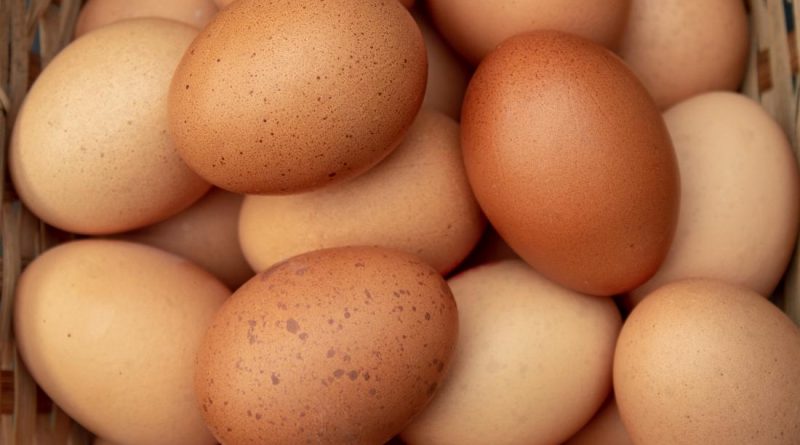Cost of local eggs to be increased to $12 per dozen as of next Monday; producers say rising production costs are the reason
The price of eggs in Antigua and Barbuda is set to increase again, 10 months after the Antigua & Barbuda Layer Farmers’ Association instituted a hike on the food item.
In a notice to consumers, Emanuel Peters, President of the Association, says that egg producers have been working hard over the years to deliver a quality product at the lowest possible price.
However, since the last price increase, the cost of inputs has continued to rise at an alarming rate, Peters explains.
He says that egg farmers “have been absorbing most of these increases; but this has now become too difficult, especially with the substantial and frequent increases in our supplies, especially feed.”
Therefore, as of next Monday, July 25, the wholesale price of white and brown eggs will increase to $12 per dozen or $360 a case.
The Association says these prices are subject to change, depending on further increases (or decreases) in the unpredictable prices of supplies.
Peters says this increase is to ensure that egg suppliers are able to meet their financial obligations and continue their excellent service of supplying the country with fresh, locally produced eggs year-round.
In April, the local producers said they were contemplating a price increase. This was due to a reduction in their profits as a consequence of the increased costs in fuel, feed and other inputs.
Prior to that, there was a price hike on September 1, 2021, because of an increase in the cost of feed. The wholesale price was then increased to $10 per dozen, or $300 a case, for both white and brown eggs.
Because Antigua and Barbuda is self-sufficient in egg production, the importation of foreign-produced eggs has not been allowed for some time.
However, at the time, the Cabinet threatened the Association, warning that if it went through with the increase, the Executive might allow eggs to be imported once again.
Cabinet rationalized that imported eggs would become more affordable to large egg consumers, like hotels and supermarkets, and to households if the price of local eggs went up.
The Executive acknowledged the increased costs the local producers faced. Still, it asked them to keep their prices competitive to avoid the need for imports that would displace them from the market.
The Administration said, then, that it would procure the services of a cost accountant – jointly acceptable to both the egg producers and the government – to determine the cost of producing a dozen eggs and the price at which they could be sold.
Until this study was completed, the egg producers were advised to hold off on any change in prices.
There has been no word as to whether this study was actually done or the findings.




